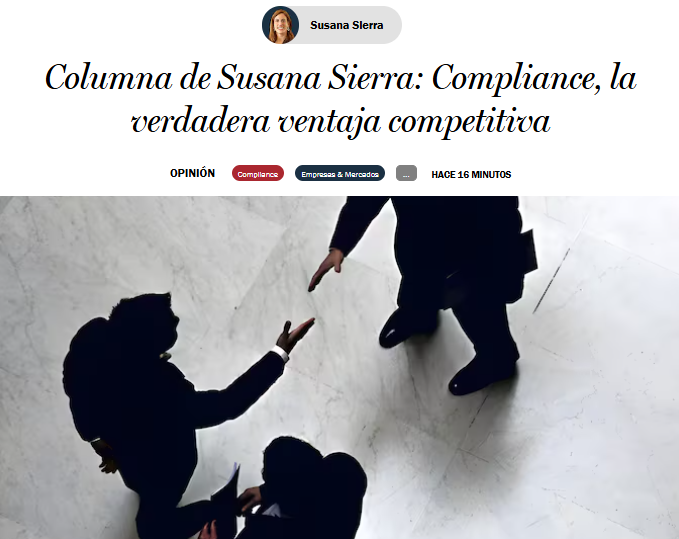
The Watergate scandal marked a turning point in history and led to the creation of one of the world’s most powerful anti-bribery laws: the Foreign Corrupt Practices Act (FCPA), a U.S. federal law that has had global repercussions, sanctioning companies around the world—including some in Chile.
The FCPA prohibits U.S. companies and their foreign subsidiaries, as well as employees and third-party intermediaries, from bribing foreign officials in order to obtain or retain business. In practical terms, the law affects not only companies operating directly in the U.S., but also those outside the country with ties to the American market.
This law, along with other regulations, established anti-corruption compliance, understood as the set of policies and measures to prevent risks, as a cornerstone of business management, positioning U.S. companies as pioneers in adopting best practices and a culture of integrity. As a result, American companies became models to follow, especially in regions like Latin America, where anti-corruption laws were generally less stringent (many have since been strengthened).
Without a doubt, the creation of this law has been a fundamental milestone for the private sector and the world at large, setting a global standard in the fight against corruption. It has guided companies to prioritize prevention and elevated compliance programs to a new level—not only as promoters of ethics and transparency but also as a key competitive advantage.
However, more recently, President Donald Trump paused the enforcement of the FCPA, arguing that it undermines the competitiveness of American companies. This shift means less emphasis will be placed on prosecuting bribery abroad, with a greater focus instead on issues like human trafficking, drug trafficking, and firearms smuggling—thus prioritizing narcotics and money laundering cases.
This change in enforcement should not alter how companies operate, as this “pause” does not mean the FCPA has been repealed—bribery remains a crime. Moreover, it is highly likely that a future administration will refocus on enforcing anti-bribery provisions. Therefore, no company can afford the risk of committing this offense and becoming involved in future investigations. In addition, company directors have a duty to strengthen prevention efforts to avoid illegal payments, as failing to do so would breach their fiduciary duty of care. At the same time, the European Union is making steady progress in modernizing its anti-corruption legal framework, with new legislation of extraterritorial reach.
Let’s remember that laws alone are not enough. It is essential for companies to understand that, regardless of this policy shift or any that may follow, compliance programs must be at the heart of the business, embedded in its DNA and guiding all actions. Companies must focus on how they operate and align their strategies, establishing clear policies and controls to prevent corruption—not just to comply with the law, but because their ethical responsibility and long-term sustainability depend on upholding high standards of integrity and transparency, especially in a world that increasingly demands probity and accountability.
If companies were to abandon their compliance programs because of this policy shift, it would be like people deciding to drive under the influence just because breathalyzer checks have decreased, believing there’s a lower chance of getting caught. However, even if the risk of being stopped is lower, the consequences of an accident can be devastating. The key is recognizing that, regardless of external controls, driving under the influence is dangerous to oneself and others, and understanding that personal and collective responsibility must always prevail.
All of this further reinforces the need for strong, effective compliance programs aligned with global best practices—programs that are truly part of the company’s DNA and help avoid costly consequences in the future.
Let’s not forget that corruption distorts markets, weakens institutions, and hinders the development of societies and businesses. The private sector plays a fundamental role in preventing it. That’s why acting with conviction and consistency—regardless of the latest policy trends—will be essential to achieving long-term sustainable value. This calls for responsible leaders who drive a culture of integrity. That is the real competitive advantage.
By Susana Sierra
Originally published in La Tercera










